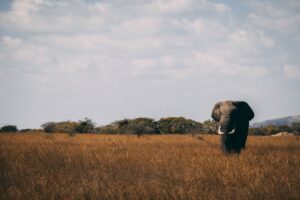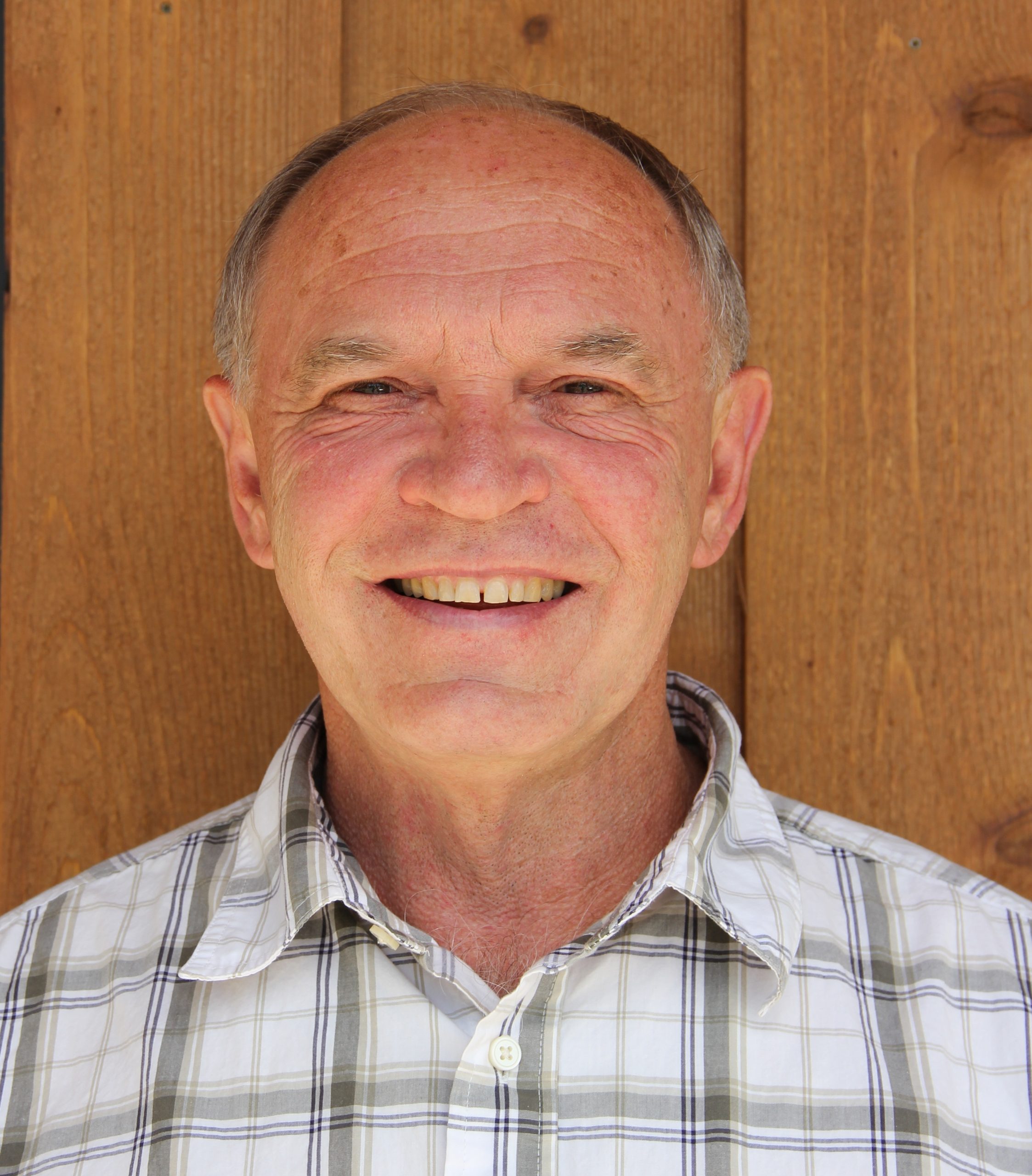
At that moment I agreed with her, but, as a student of political economy and a cynic, the first of which leads to the second, I should have known that it wasn’t stupid for the bureaucrats. While touring Kenya several years later, I learned why.
The rest of the story begins with a wildlife researcher— I’ll call him Joe to protect the innocent— who was visiting the room where the Kenya Wildlife Service stored rhino horns confiscated from poachers. Upon examining the specimens, Joe discovered that most, if not all, were carved wooden replicas complete with identification tags. When the officials realized that Joe was examining the replicas, he was quickly escorted out. Obviously, some officials were confiscating the horns, replacing them with replicas, and selling the originals on the black market.
What about burning the ivory? Joe, having managed a million-acre ranch on which elephants were sustainably hunted, was very knowledgeable about ivory and calculated how large the pile would have to be to achieve the ostensible quantity of ivory burned and how difficult it would be to get such a fire going. He concluded that there must have been a wooden structure under the superficial amount of ivory that was exposed. Again, the confiscated tusks were being sold by officials on the black market.
The environmental education lesson of this story is to always ask “and then what?” Here are a few examples from PERC’s research:
- Fix the price of water below a market price—and then what? We will have water shortages with little incentive for consumers to conserve and suppliers to supply.
- Prevent overfishing by regulating season length— and then what? Fishers will fish longer each day, use more expensive boats and electronics, and keep all the fish they catch regardless of size and species.
- Allow national parks to charge higher prices and retain some of the revenue—and then what? Park officials will collect more revenues, reinvest them in their park assets, and treat visitors better.
- Help the poor by improving environmental quality in their neighborhoods—and then what? Real estate owners will benefit as housing prices and rents rise while the poor will be forced to move to places with fewer amenities.
My daughter had learned this lesson. When I asked why burning ivory was stupid, she explained, “That will only increase the price of ivory and cause more poaching.” If all of us from childhood to grandparenthood kept the “and then what?” question in mind, we would be much more skeptical of political solutions and much more supportive of free market tools as a way of getting the incentives right for environmental improvements.



